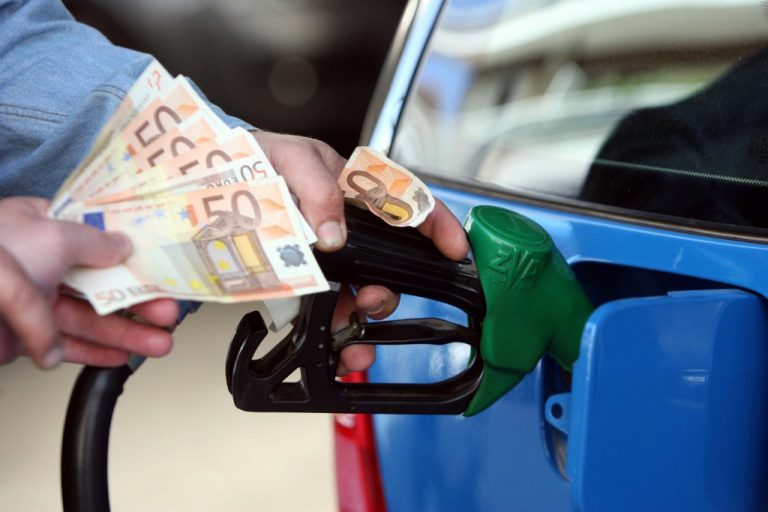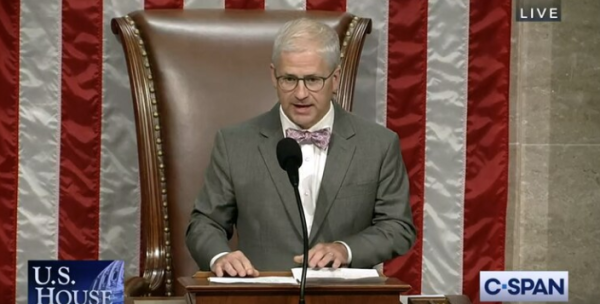
“The roughly 80% increase in profits from fuel smuggling – after new record prices due to the war in Ukraine – leads to the murderous feud of at least two or three major smuggling rings that control at least 80-100 (out of a total of 690) gas stations in Attica and dozens of others in Greece. From time to time, in comprehensive investigations by the competent services, approximately 150-200 gas stations in Attica with problematic fuels have been recorded each time. The murder in just 54 days in Skourta Boiotia and Gerakas of two individuals with a criminal past who were active in the fuel trade is perhaps indicative of the exterminating war of interests in which gangs of extortionists are involved.”
This was said by a high-ranking official who is one of the main responsible for the investigations of the control authorities on the adulteration of fuel, speaking to “To Vima tis Kyriaki”. The officer proceeded to inform the Government Committee of Strategic Planning and Operational Supervision for the Reduction of Smuggling in the products that are subject to Excise Tax.
The Committee includes, among others, the Ministers of, Development, Citizen Protection, the Deputy Minister of Citizen Protection, and others and with the participation of the Coordination Operations Center of the Services will try to deal a crucial blow to these illegal methods for which millions of Greek citizens pay out of their pockets, but also cause bloodshed without end.
The paths of fraud
As the same official pointed out, “in the last three years there have been about 15 other attacks with weapons and grenades targeting gas stations or merchants. The profits of the rings may exceed 350-400 million euros per year and hundreds of “straw men” are used in the smuggling networks, while suspicious relationships seem to have developed with former and current police officers, as well as with other state employees. They import chemical solvents from Bulgaria, Poland and Romania with 50% adulteration, which we have found are not easily detected by the investigations and analysis of the control authorities.
A liter of solvent costs them only 10 cents and the profit margins are huge. Fuel adulteration materials are now imported – using shell companies – not by tankers but by 1,000 liter transportable tanks or even trucks carrying hundreds of drums of said adulterating material. They transport them to some illegal warehouses, mainly in Western Attica, and then the adulterated gasoline is distributed in small tanks to gas stations.
Every day we estimate that two or three such loads enter the country’s customs. When in the last months we had stopped about 10-12 tanks with solvents mainly from Bulgaria and we had asked the drivers to bring us the complete import documents and the company managers, no one showed up.”
Death contracts
The murder two weeks ago of 38-year-old Giorgos Mitsos, owner of a chain of 11 gas stations of the same company, in his store on Marathonos Avenue, is being examined by the prosecuting authorities if it is directly connected to the “death contract” against 52-year-old Yannis Skaftouros on April 25 in his country house in Skourta Evia. With the main objective being the competition for the “shares” from fuel smuggling and the extermination of persons who stood in the way of their plans.
Greek police seems to have important evidence from the thefts of the vehicles of the two murder cases, in order to reach the physical and moral perpetrators and to determine their motives. In fact, a few days ago witnesses to the attacks in question – mainly in Skourta Boeotia – were invited by police to look at satellite maps to determine the movements of the perpetrators as well as visual material from cameras where their movements are depicted. Both victims had been accused of participating in extortion rings.
It is recalled that a case file was drawn up against the relatives of Yannis Skaftouros and 40 other persons for setting up 30 fictitious companies importing solvents from Bulgaria with the help of a Cypriot businessman who has been accused of participating in criminal activities in Cyprus as well. As noted in a police document, “the areas chosen for the temporary storage of cargo from Bulgaria are inaccessible and easily guarded, while in some cases closed monitoring circuits are also used during the movement of the trucks”.
Introduction of adulterating materials
The importation of adulterated materials into Greece (the so-called “designer fuel”) is what worries authorities now. It had been established that two suspicious companies had carried out from July 2020 to January 2021 and amid quarantine, 15 imports of chemical solvents, totaling 390,000 liters. It is a new product, whose 30%-40% admixture with gasoline is undetectable by chemical laboratories.
Looking for a needle in… gasoline
Indicative of the situation are the announcements of the Association of Petroleum Trading Companies of Greece where, after referring to more coordinated efforts by AADE, it is mentioned that “that the Industry continues to be plagued by delinquency, smuggling, counterfeiting , tampered pumps, , after so many years of effort is unpleasant, impacting the National Economy, Greek consumers, workers and the law-abiding businesses of the Sector”.
The same is true of the announcement, in April, by a representative of the Panhellenic Union of Fuel Dealers (POPEK), which refers to “weakness of the state either in terms of logistical equipment, qualified personnel or in terms of corruption and will.” Gas stations dealing in contraband are not shuttered even when they are caught receiving contraband fuel.
It is characteristic that just in the Economic Police there are, on average, 2-3 citizen complaints about buying adulterated gasoline. Also in many cases of checks the gas station owners with special remote controls connect the pump to the normal fuel tank where no alteration is found. Adulteration is detected when an analysis of the gasoline is requested from the victim’s tank. However, it cannot subsequently be documented because it cannot be proven that the sample in question is not a residue perhaps from another gas station.
Latest News

Airbnb: Greece’s Short-Term Rentals Dip in March Amid Easter Shift
Data from analytics firm AirDNA shows that average occupancy for short-term rentals dropped to 45% in March, down from 49% the same month last year.

Easter Week in Greece: Holy Friday in Orthodoxy Today
At the Vespers service on Friday evening the image of Christ is removed from the Cross and wrapped in a white cloth

Meloni and Trump Meet in Washington, Vow to Strengthen Western Ties
“I am 100% sure there will be no problems reaching a deal on tariffs with the EU—none whatsoever,” Trump stressed.

ECB Cuts Interest Rates by 25 Basis Points in Expected Move
The ECB’s Governing Council opted to lower the deposit facility rate—the benchmark for signaling monetary policy direction—citing an updated assessment of inflation prospects, the dynamics of underlying inflation, and the strength of monetary policy transmission.

Current Account Deficit Fell by €573.2ml Feb. 2025: BoG
The improvement of Greece’s current account was mainly attributed to a more robust balance of goods and, to a lesser extent, an improved primary income account

Hellenic Food Authority Issues Food Safety Tips for Easter
Food safety tips on how to make sure your lamb has been properly inspected and your eggs stay fresh.

Greek Kiwifruit Exports Smash 200,000-Ton Mark, Setting New Record
According to data by the Association of Greek Fruit, Vegetable and Juice Exporters, Incofruit Hellas, between September 1, 2024, and April 17, 2025, kiwifruit exports increased by 14.2%.

Easter Tourism Boom: Greece Sees 18.3% Surge in Hotel Bookings
Among foreign markets, Israel has emerged as the biggest growth driver, with hotel bookings more than doubling—up 178.5% year-on-year.

Greece to Launch Fast-Track Tender for Offshore Hydrocarbon Exploration
Last week, Papastavrou signed the acceptance of interest for the two Cretan blocks, while similar decisions regarding the two Ionian Sea blocks were signed by his predecessor

American-Hellenic Chamber of Commerce to Open Washington D.C. Branch
AmCham's new office aims aims to deepen U.S.-Greece economic ties and promote investment and innovation between the two countries







![Πλημμύρες: Σημειώθηκαν σε επίπεδα ρεκόρ στην Ευρώπη το 2024 [γράφημα]](https://www.ot.gr/wp-content/uploads/2025/04/FLOOD_HUNGRY-90x90.jpg)




![Airbnb: Πτωτικά κινήθηκε η ζήτηση τον Μάρτιο – Τι δείχνουν τα στοιχεία [γράφημα]](https://www.ot.gr/wp-content/uploads/2024/07/airbnb-gba8e58468_1280-1-90x90.jpg)

























![Airbnb: Πτωτικά κινήθηκε η ζήτηση τον Μάρτιο – Τι δείχνουν τα στοιχεία [γράφημα]](https://www.ot.gr/wp-content/uploads/2024/07/airbnb-gba8e58468_1280-1-600x500.jpg)


 Αριθμός Πιστοποίησης
Αριθμός Πιστοποίησης